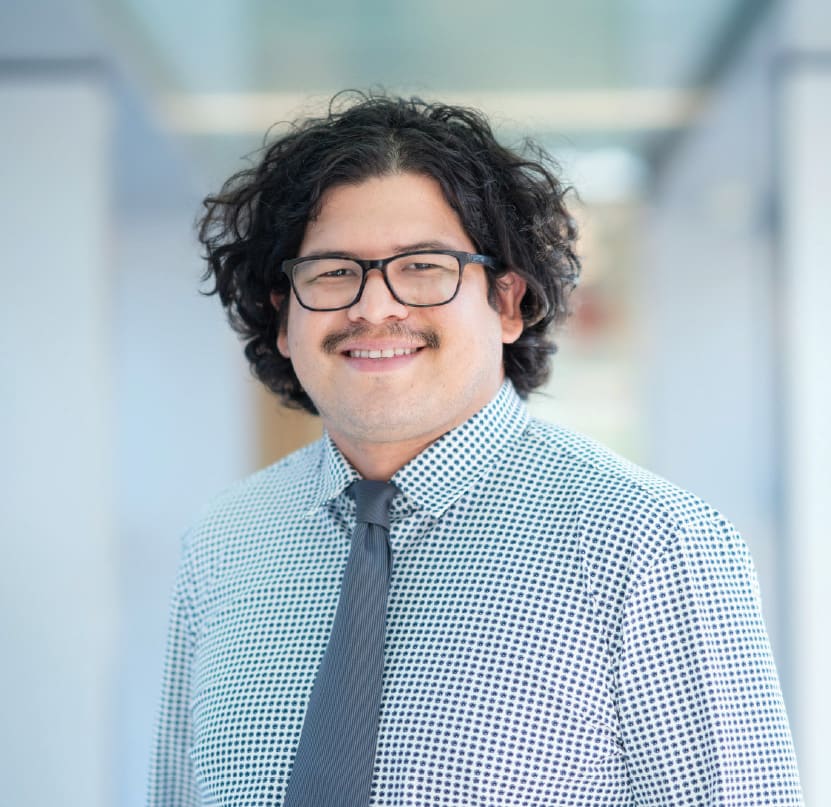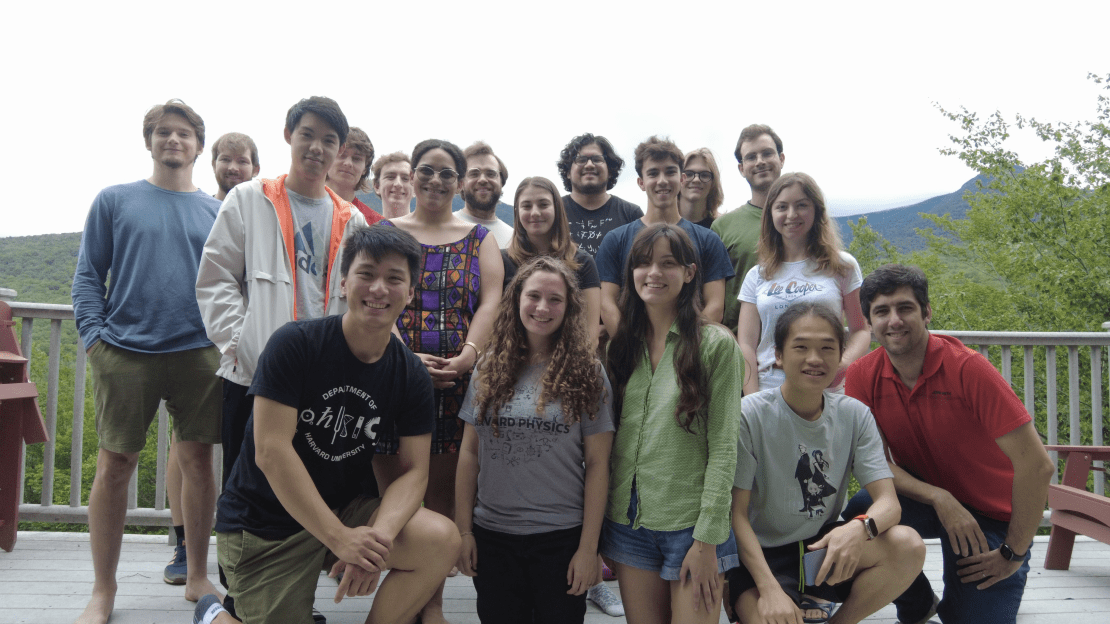
IceCube collaborator and Harvard physics professor Carlos A. Argüelles-Delgado was named a 2023 Packard Fellow for Science and Engineering. Packard Fellowships are given to early-career scientists and engineers “who are boldly pursuing new areas of research.”
As a Packard Fellow, Argüelles will receive $875,000 in unrestricted funds that can be used over five years in any way. The Packard Fellowship for Science and Engineering, now in its 35th year, is one of the largest nongovernmental fellowships for research, and for many fellows it is a crucial stepping stone in their career.
Argüelles has worked in the IceCube Neutrino Observatory since he was a graduate student under the supervision of IceCube principal investigator and University of Wisconsin–Madison physics professor Francis Halzen. They performed the first search for light sterile neutrinos in IceCube and since then have worked on searching for new physics with high-energy atmospheric and astrophysical neutrinos. Their work combined experimental methods with theory in the search for new physics.
Argüelles has worked on searches for dark matter–neutrino connections, new neutrino interactions, and new space-time effects, among other phenomena. Their research has yielded the first constraints on Planck-scale physics using neutrinos and the strongest bounds on neutrino–dark matter interactions under some scenarios.

They are currently working on searching for new neutrino species with atmospheric and astrophysical neutrinos. An enthusiast of open-source data and simulation, Argüelles has collaborated with colleagues in the development of a set of packages that improve neutrino telescope simulation, reconstruction, and data analysis.
“I am very excited to receive this award, which will enable me to help explore our Universe in high-energy neutrinos and search for new physics with neutrinos,” says Argüelles. “Our recent observation of extragalactic and galactic neutrinos may yield surprises. Let’s keep our eyes open for the unexpected!”
Read more about the 2023 Packard Fellowship for Science and Engineering in the official press release.